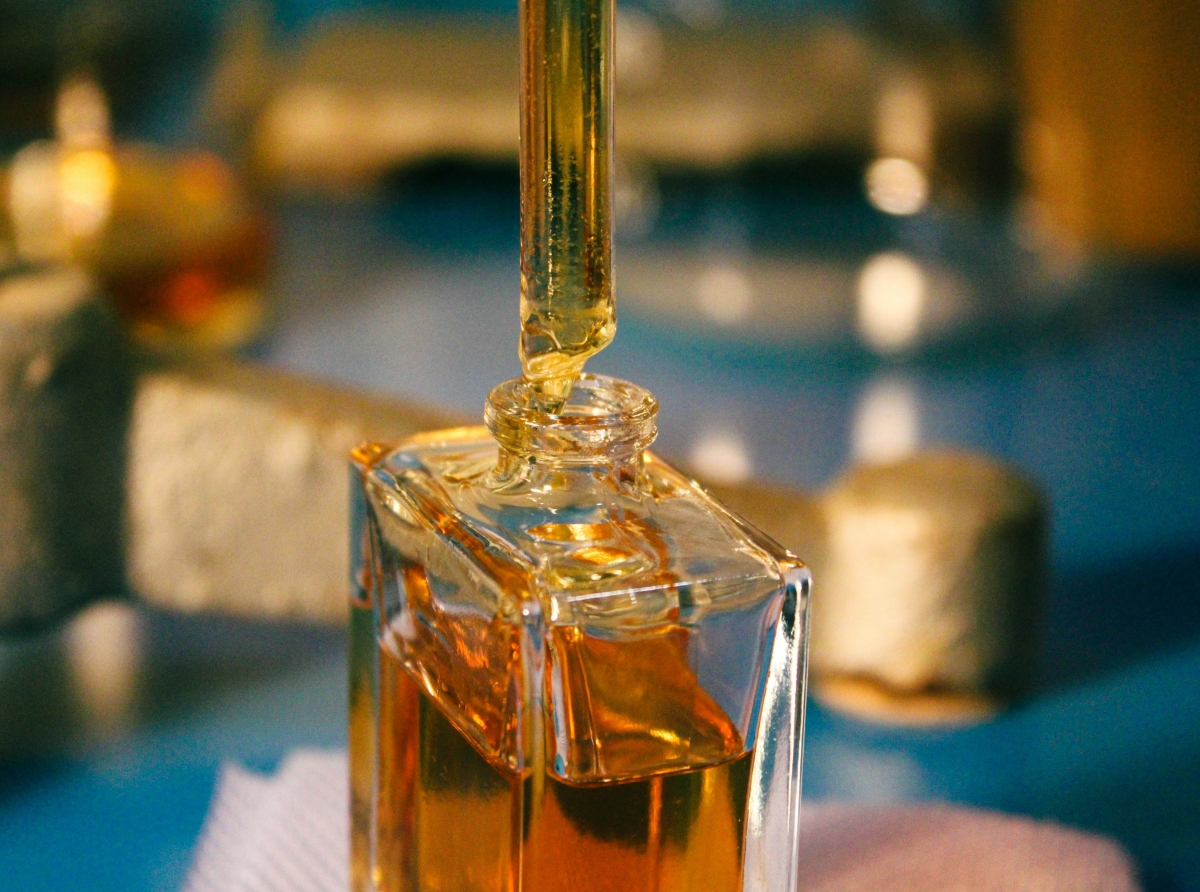Dubai’s Quiet Influence on the Modern Athlete
In the global economy of sport, attention often follows medals and score...
Feb 04, 2026

Dubai has emerged as a global hub for perfumery, blending ancient Arabian traditions with modern innovation to captivate scent enthusiasts worldwide. From the rich, woody notes of oud to bespoke fragrances crafted for individual tastes, Dubai’s perfume industry is a testament to its cultural depth and commercial prowess.
Dubai’s perfume heritage is rooted in the Arabian Peninsula’s ancient trade routes, where frankincense, myrrh, and oud—derived from the resinous agarwood tree - were prized commodities. Today, the city’s Deira Perfume Souk remains a sensory treasure trove, with shops like those in Al Sabkha offering attars, oil-based perfumes made from natural ingredients such as rose, saffron, and musk. These traditional blends, often crafted using techniques passed down through generations, reflect a culture where fragrance is a daily ritual, woven into religious ceremonies, social events, and personal expression.
Yet Dubai is no relic of the past. Its strategic location and luxury-driven economy have made it a magnet for global fragrance houses like Chanel, Dior, and Roja Parfums, which release region-specific scents with high concentrations of oud and amber to cater to Middle Eastern tastes. Local brands like Ajmal Perfumes, founded in 1951, and Swiss Arabian, known for alcohol-free attars, have also gained international acclaim, with Ajmal now selling in 50 countries. The UAE’s fragrance market, led by Dubai, is projected to reach $1.7 billion by 2033, driven by a growing appetite for niche and premium scents.
Bespoke perfumery is a rising star in Dubai’s scent-scape. High-end boutiques in the Dubai Mall and Bur Dubai offer custom blending, where artisans work closely with clients to create unique fragrances using rare ingredients like Taif rose or saffron. This personalized approach, coupled with events like Beautyworld Middle East, an annual trade show highlighting cutting-edge trends, underscores Dubai’s role as a leader in olfactory innovation. In 2024, the event featured over 100 nominations for awards like Niche Fragrance of the Year, showcasing the city’s influence on global trends.
Modern fragrance houses, such as Lattafa and Hind Al Oud, are redefining the industry by merging heritage with contemporary flair. Lattafa’s Khamrah, launched in 2024, blends cinnamon, praline, and oud, rivaling high-end Western perfumes at a fraction of the cost. Meanwhile, boutique perfumers focus on small-batch creations, emphasizing storytelling through scent. These efforts have fueled a market growing at a rate three to four times higher than in Europe or America, with international brands like Eurofragance reporting €180 million in global sales in 2024, largely driven by the UAE.
Dubai’s perfume industry is more than a business; it’s a cultural bridge. Traditional attars and bakhoor - fragrant wood chips burned to release aroma - coexist with avant-garde scents, reflecting the city’s ability to harmonize past and present. As Abdulla Ajmal, CEO of Ajmal Group, noted, “Traditional oriental fragrances continue to be the heart of the region’s olfactory identity,” even as they captivate Western consumers. This fusion of craftsmanship and innovation ensures Dubai’s scented legacy will linger for generations.
Photo credits: Unsplash.
Disclosure: Dubai Voice enhances the editing process with the help of carefully selected AI tools. These tools provide valuable support without taking over the editing process completely, ensuring that the final product is the result of human creativity and expertise augmented by the benefits of enhanced technology. This article is protected under the copyright of Dubai Voice. Unauthorized reprinting, republishing, or rewriting of this content is strictly prohibited without explicit permission from Dubai Voice. Quotations from this material are permissible provided that a direct link to the full article on Dubai Voice is included.